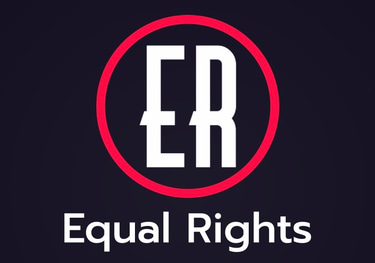Delving Deeper into Arguments Against Mandatory Voting
Kylo B
5/4/2024
Delving Deeper into Arguments Against Mandatory Voting
The debate over mandatory voting involves a range of considerations and critiques from those who oppose compelling citizens to participate in elections under penalty of law.
Critics of mandatory voting argue that it undermines individual freedom, may result in unintended consequences for electoral quality, and does not address underlying issues of political disengagement effectively.
This article explores in-depth the key arguments against mandatory voting and examines alternative reforms proposed to enhance voter participation and democratic engagement.
1. Freedom of Choice
Critics argue that mandatory voting infringes on individual freedom and autonomy by coercing citizens to participate in a political process they may not support or feel informed about:
Compulsion vs. Consent: Mandatory voting imposes a legal obligation on citizens, potentially conflicting with principles of individual liberty and the right to abstain from participation.
Forced Expression: Some critics view mandatory voting as a form of compelled expression, where individuals may feel pressured to make uninformed or insincere voting decisions.
2. Quality vs. Quantity
Opponents of mandatory voting raise concerns about the potential impact on the quality of electoral outcomes when participation is compelled:
Uninformed Voting: Mandatory voting may lead to increased turnout of uninformed or apathetic voters, potentially diluting the quality of decision-making and policy outcomes.
Coerced Choices: Compelled participation may result in coerced voting decisions, where individuals feel pressured to cast ballots without genuine engagement or understanding of the issues.
3. Political Efficacy
Critics argue that mandatory voting does not address underlying issues of political disengagement and distrust in political institutions:
Root Causes: Low voter turnout is often symptomatic of broader societal issues, such as lack of trust in political leaders, perceived inefficacy of voting, or systemic barriers to participation.
Symbolic vs. Substantive Change: Compelled voting may provide a superficial solution to low turnout without addressing the root causes of political disengagement and alienation.
4. Enforcement Challenges
Implementing and enforcing mandatory voting laws pose practical challenges and raise ethical concerns:
Administrative Complexity: Implementing mandatory voting requires significant administrative resources, including voter registration, enforcement of penalties, and public education campaigns.
Coercion & Penalties: Critics raise concerns about the coercive nature of mandatory voting laws, which may lead to legal penalties or punitive measures against non-compliant citizens.
5. Alternative Reforms
Critics advocate for alternative reforms to enhance voter participation and democratic engagement without resorting to mandatory voting:
Civic Education: Improving civic education and political literacy to empower citizens to make informed voting decisions voluntarily.
Expanding Access to Voting: Removing barriers to voting, such as voter registration restrictions, restrictive ID laws, and limited polling locations.
Addressing Systemic Barriers: Tackling systemic inequalities, such as socioeconomic disparities, gerrymandering, and campaign finance reform, to promote greater inclusivity and fairness in elections.
The arguments against mandatory voting highlight concerns about individual freedom, electoral quality, political efficacy, and administrative challenges.
Critics emphasize the importance of addressing underlying issues of political disengagement and promoting voluntary civic engagement through alternative reforms.
By exploring these critiques and considering alternative approaches to enhance voter participation, policymakers and citizens can contribute to meaningful discussions about strengthening democratic governance and civic participation.
